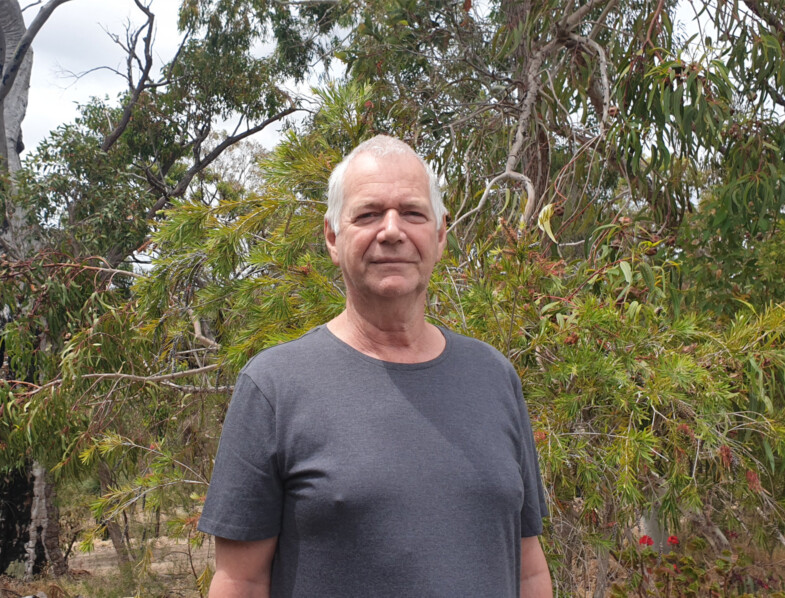Cancer Council WA is using November’s Lung Cancer Awareness Month to remind people of the symptoms of lung cancer and what to do if they notice any unusual changes to their bodies.
Cancer Council WA Cancer Prevention and Research Director, Melissa Ledger, said it’s important to visit your doctor, clinic nurse or Aboriginal health worker right away if you experience any symptoms.
“If you’ve coughed up or spit up blood, or, for more than four weeks you’ve had a pain in your chest and/or shoulder, a lot of chest infections, a new cough, a change to your usual cough, or changes to your voice, where it’s sounding croaky, then visit your doctor, clinic nurse or Aboriginal health worker,” Ms Ledger said.
“Similarly, if for more than four weeks you’ve noticed you’re finding it hard to breathe, losing weight without trying, not feeling hungry, feeling tired or lacking energy, then it’s important to get it checked out.
“It doesn’t mean you’ve got cancer; often it turns out to be something less serious, though it’s important to have the symptoms investigated early to be sure.
“The benefits to finding cancer early is that you can be around longer to do the things you love doing with the people you love. Such as caravanning, holidaying, camping, seeing your children get married, or spending more time with your grandchildren.”
Find Cancer Early champion Kevin Cronin from Kalbarri has experienced lung cancer first-hand, and echoes Cancer Council WA’s advice.
Don’t wait until something else happens and it metastasises. Take symptoms seriously.
Lung cancer was the fifth most commonly diagnosed cancer in Australia in 2023 and the most common cause of cancer death, according to Australian Institute of Health and Welfare data.
In 2019,1257 West Australians were diagnosed with lung cancer and 721 people lost their lives to it.
While eighty per cent of lung cancers in Australia are caused by smoking, it’s important to know that lung cancer can also occur in people who have never smoked. Other known causes of lung cancer include occupational carcinogens, such as silica dust and diesel engine exhaust, and if a person has a family history of lung cancer or previous lung disease, their risk of lung cancer is also increased.
For more information about lung cancer symptoms
- Visit the Find Cancer Early website.
- Call the Cancer Council Information and Support Line on 13 11 20.
